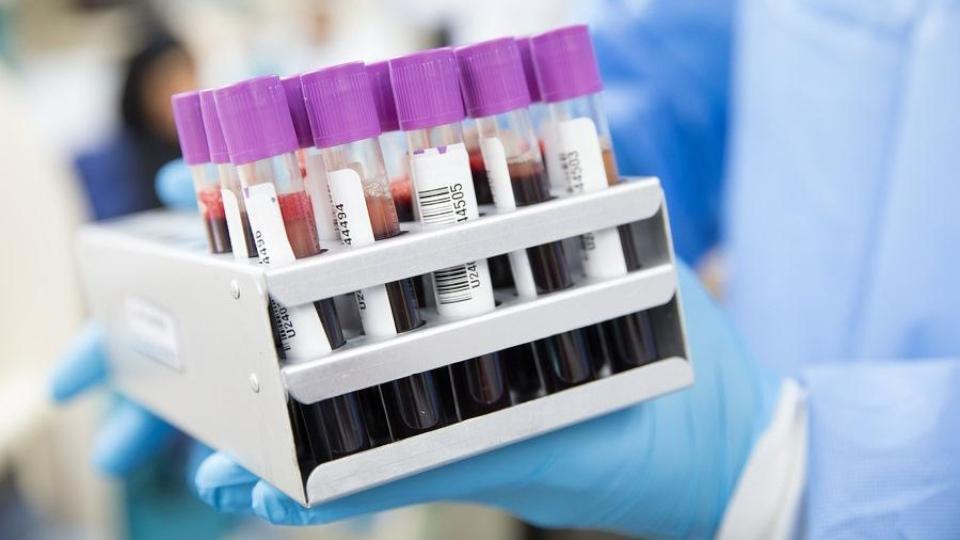UK Biobank study “will shape drug discovery”

A landmark study drawing on data from UK Biobank has generated a first-of-its-kind dataset of the interactions between genes and proteins that could unlock myriad avenues for research into new medicines.
The Pharma Proteomics Project is a “pre-competitive” public-private partnership set up in 2020 to characterise the proteomic profiles of more than 54,000 UK individuals and is billed as the first population-scale study of its kind.
The outcome of the study has been published in the journal Nature and provides new insights into human disease by studying how changes in genes affect nearly 3,000 plasma proteins found in human blood.
It has revealed more than 14,000 associations between genes and proteins, of which 81% have never been described before, according to the researchers behind the project. Scientists worldwide will be able to access the proteomic data in the coming weeks, according to UK Biobank.
AstraZeneca, one of the 13 biopharma companies that contributed to the research and published a separate study on rare genetic variants, said the project “will shape current and future drug discovery” as – compared to common genetic variants – “rare variants offer stronger evidence and unique insights into the direct relationships between genes, proteins, and their roles in disease.”
“To successfully treat a disease, we benefit from understanding the underlying molecular cause,” said Slavé Petrovski, vice president of AZ’s Centre for Genomics Research, Discovery Sciences. “This research breaks new ground. showcasing connections between genetic variants and proteins that we have never seen before.”
A key objective in the Pharma Proteomics Project is the creation of an open-access library of all those variants that can be used to study complex biological processes, including the molecular causes of diseases and identify the proteins that could be targets for medicines.
The project also zeroed in on the top 20 most common health conditions, revealing, for example, that inflammatory proteins, long thought to contribute towards mental health conditions, are significantly higher in patients with depression.
Another near-term application of the study is finding a way to identify a patient’s biological - rather than chronological - age, drawing on findings that plasma proteins can predict age, sex, and body mass index (BMI) with very high accuracy.
“This momentous study offers whole new avenues of research to the biomedical community and is a leading example of how cross-sector collaboration can bring about results that are so much greater than the sum of their parts,” said Professor Naomi Allen, chief scientist at UK Biobank.
“All of [this] data will soon be available to bona fide researchers across the globe, alongside the existing genomic, lifestyle, and health data that UK Biobank holds for its 500,000 volunteers,” she added.
Dr Chris Whelan, head of neuroscience, data science, and digital health at Johnson & Johnson’s Janssen unit, who led the project, said it builds on previous genomics work by painting “a much more nuanced and detailed picture of how the human genome and proteins circulating in the blood influence human health and disease.”
He added: “To identify the right drug for the right patient at the right time, we must move beyond genomics alone.”
Image by Ahmad Ardity from Pixabay.












